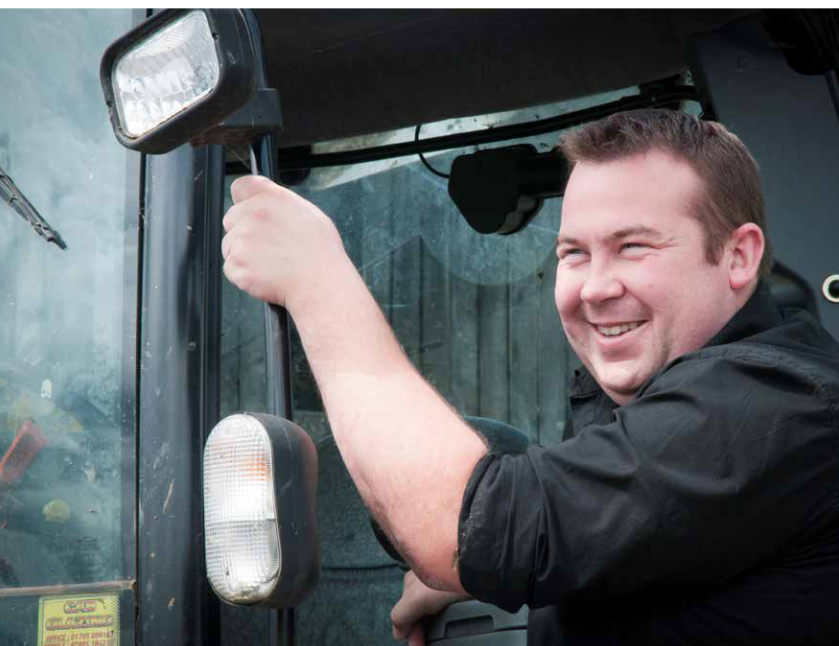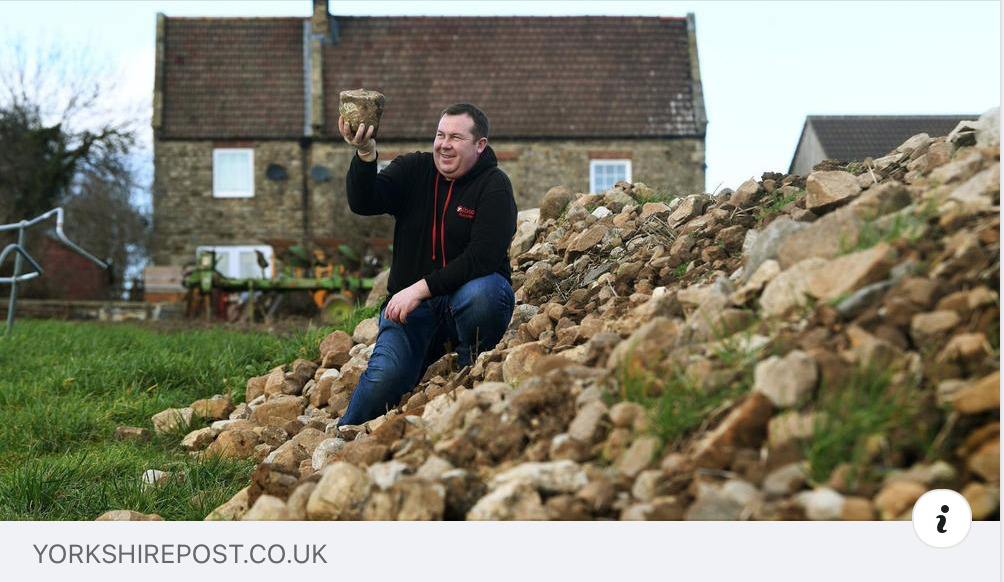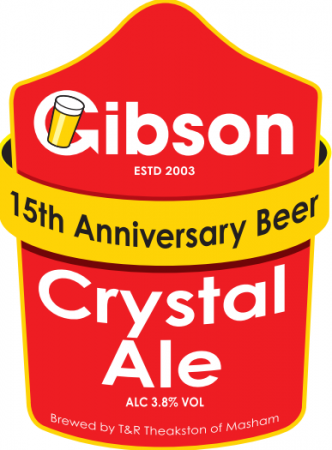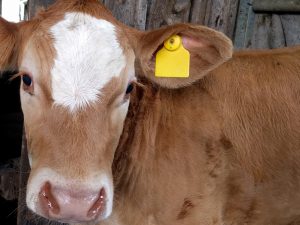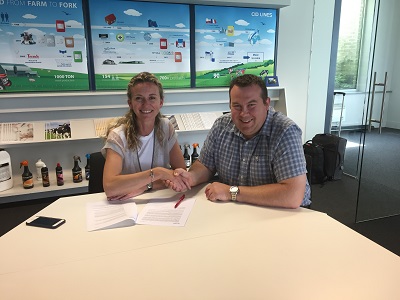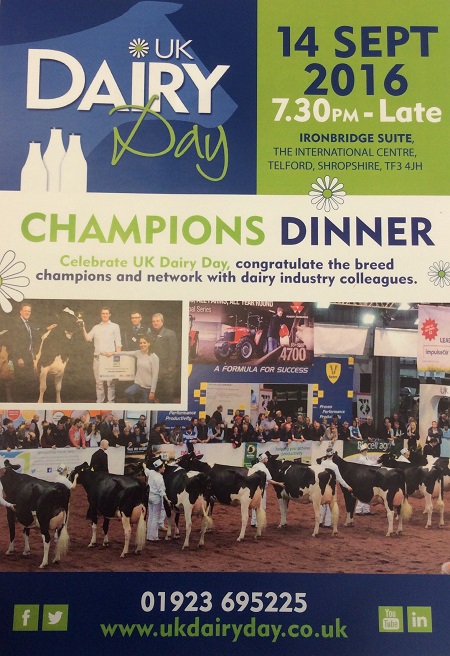Former farm buildings in Bedale ravaged by fire take on new lease of life as family are forced to diversify
A range of former dairy buildings that were destroyed by fire have been redeveloped as a North Yorkshire farming family take on an entirely new venture.
Back in 2017, the Gibson family were forced to cease dairy farming following the fire at Hunters Hill Farm near Crakehall, Bedale and look at alternative ways to generate an income.
Firstly, what had been milking cow accommodation was converted in 2020, into a self storage facility which is named “Yorestore” and got a name for itself during lockdown as a place for local businesses to store goods and for families moving back to the local area to put home contents into storage.
Since then following funding from “The European Agricultural Fund for Rural Development” a range of flexible office units have been created to rent out.
The farm worked with Hambleton District council on the design and meeting requirements for getting the grant for the development which has seen two buildings turned into a range of 10 separate office suites, linked to shared communal areas.
The offices can accommodate between one and five people, another wing has four clean kitchen rooms, designed to lease
 to small start up businesses in the food or beverage sector, while on the first floor there is an events and training room.
to small start up businesses in the food or beverage sector, while on the first floor there is an events and training room.
Uptake for the offices is “promising” with demand from the customers who already use the site as storage.
The event space had a special guest for its first event recently too.
Myra Shield (nee Gibson) was brought up at Hunters Hill and her 21st birthday party was held in the loft of a grain store all those years ago and she wanted to go back to her roots inviting friends and family back to Hunters Hill to celebrate her 80th birthday over the August bank holiday weekend.
She asked that no presents were given, and to instead donate to Blood Cancer UK in memory of her brother David Gibson who farmed at Hunters Hill, and passed away in 2005.
David’s son, Tim, now runs the farm and has developed the diversifications into storage and offices.
He said: “It has been a very difficult few years since the cows went, in fact we still have not had out full payout from the fire insurance which is now entering an expensive legal fight to receive the compensation we are due.
We were very fortunate in getting the grant towards the development, full credit to Jayne Cranston, of
Hambleton District Council, for her help in obtaining the funding.
“The self storage company YoreStore has gone so well for us, we are even working on a franchise model to work with other farmers to help bring a new use, to unused farm buildings.”
With his Aunt’s request of donations Tim topped up the fundraiser after another local business was very charitable to him.
Richmond based IT company, thecitysecret, has relocated its offices and gave away all its furniture which has been used to equip some of the offices at Hunters Hill.
When they declined payment, Tim rounded up the fund his aunt had started for Blood Cancer UK to £500.
The charity has said that for every £500 donated it will fund a research nurse for three days, who gives patients a hand to hold while they are testing new treatments.
By Emma Ryan
Saturday, 24th September 2022, 4:45 pm

